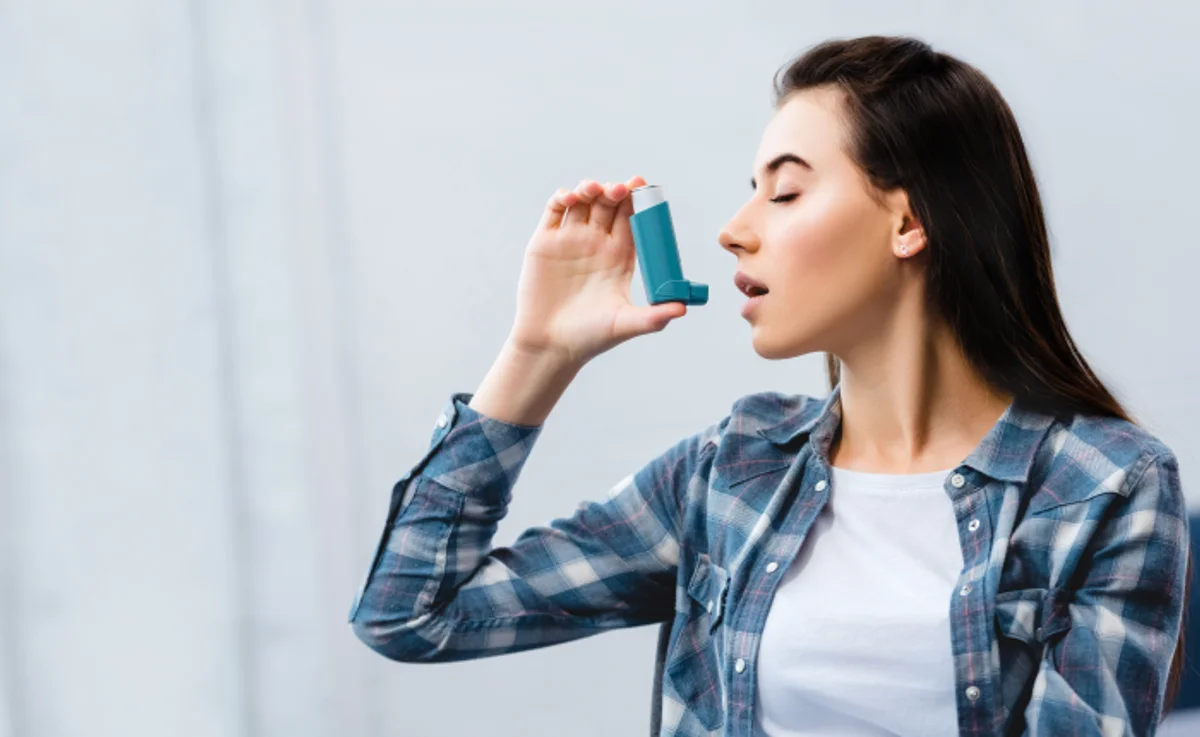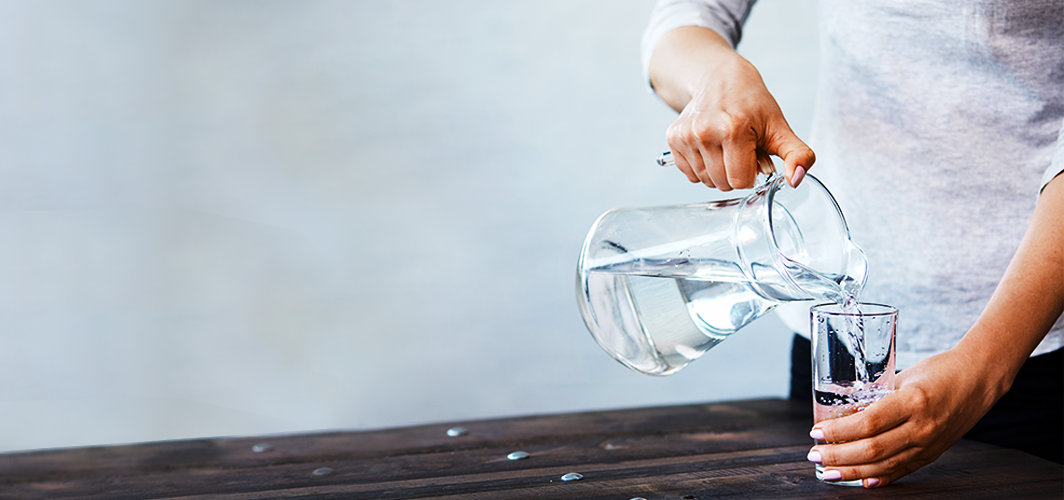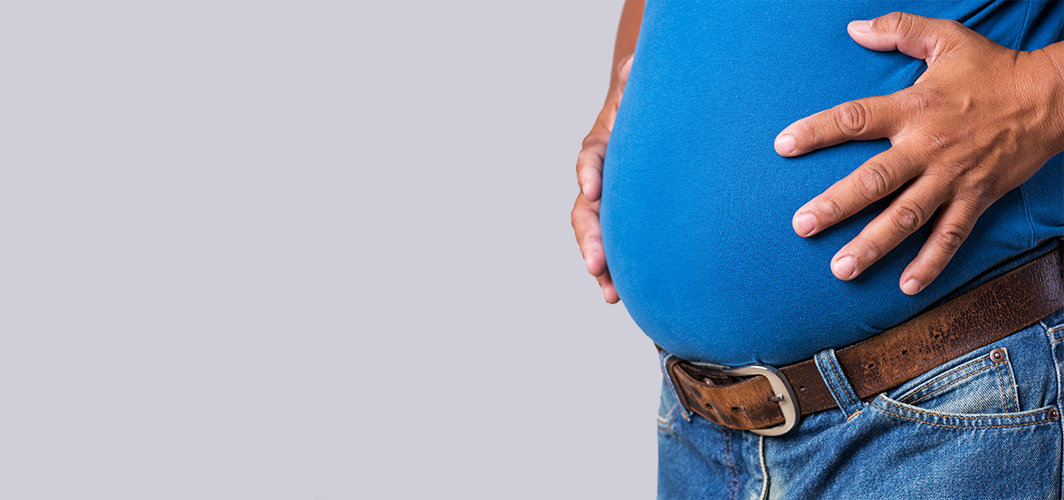- Home
- Blog
- Health & Nutrition
Ways to Take Care of Inflamed Winter Sinuses
Health & Nutrition
Ways to Take Care of Inflamed Winter Sinuses
By - 26 December 2022, Updated on -28 December 2022
Share this article
0
0 like

Winter is many people's favorite season, but it also comes with a set of Dos and Don'ts to avoid illness. The air becomes extremely dry during this time, and our respiratory system, skin, and lips suffer as a result of the lack of moisture in the air. But do you suffer from a stuffy nose that just won't go away? Chances are, that you may be suffering from Sinusitis.
Those who have inflamed sinuses can attest to how excruciatingly painful the condition can be. Knowing about how sinusitis can be prevented, we need to understand what causes the inflammation.
To learn more about nasal passages and what provokes them to become inflamed, resulting in sinusitis, read on.
What are sinuses?
Sinuses are cavities inside the skull that are filled with air. Humans have four pairs of sinuses, which are located above and beyond the eyes, as well as behind the ethmoid, a bone inside the skull that segregates the nasal cavity from the brain. Small passages connect the sinuses to the nose, and the entrance of the nose is known as the ostium.
Sinuses heat up the incoming air, act as a cushion in the event of a facial injury, and provide a padding for sensitive facial structures such as nerves and the eye.
Inflammation of these cavities is what the clinicians call as Sinusitis.
Sinusitis is divided into three types based on the duration of the symptoms:
- Acute sinusitis: Symptoms stay for approximately 4 weeks.
- Subacute sinusitis: Symptoms stay for 4 to 12 weeks.
- Chronic sinusitis: When the symptoms last for three months or longer.
Causes of sinusitis
Infection: Bacteria, fungi and viruses can all infect the sinuses. Acute sinusitis is usually caused by bacteria, whereas chronic sinusitis can be caused by either bacteria or fungi.
Hay fever: The allergies and common cold can both obstruct sinus openings.
Physical blockages: Physical obstruction caused by growths such as polyps (soft tissue growths resembling lollipops), spurs (bony growths), and a deviated nasal septum.
Cilia dysfunction: In the sinuses, small hairs called cilia help to move mucus out, but in certain medical conditions, such as immotile ciliary syndrome, they do not operate correctly.
Blowing nose forcefully: Forcing a nose blow could spread infection first from nose to the sinuses. To avoid this, blow through one nostril at a time after closing the other.
Infections caused due to neighboring sites: Upper molar dental infection can cause maxillary sinusitis. Chronic tonsillitis (tonsil infection) and adenoids are also worthy of mention.
Others: Other medical conditions that cause weakened immune systems, such as cystic fibrosis of the lungs, HIV, and chemotherapy, raise the risk of contracting sinusitis.
Sinus infections are exacerbated by cold weather, pollution, and smoking. Air travel and swimming both predispose the body to sinusitis.
Signs you may have sinusitis
- Fever
- Body ache
- Pain, tenderness, and swelling in the area round your eyes, forehead, cheeks, or nose.
- Nasal congestion and stuffiness
- Postnasal drip and sore throat
- Cough may also be one of the symptoms
What precautions should you take?
Even though no one can truly prevent winter illnesses for the rest of their lives, there are some precautions you can take to stay healthy and avoid winter illnesses.
- To avoid germs, wash your hands frequently throughout the day.
- Get enough rest and stay hydrated.
- Mask your mouth with your palms or a tissue if you are coughing or sneezing.
- Maintain a safe distance from individuals who have an infection and avoid sharing clothing, blankets, handkerchiefs, and other items.
- Regular exercise improves immunity.
- Make sure that every member of your family gets their annual flu shot.
- Consume some warm water.
- Always remember to clean your hands after going to the bathroom.
- Eat a healthy diet that is high in fresh vegetables and fruits.
- Wear sweaters and other warm clothing and stay out of the cold for as long as possible.
- To relieve sinus pressure, use the Apollo Pharmacy Vaporizer Steam Inhaler or Apollo Pharmacy Mini Steam Vaporizer to open the nasal passages.
- If you are feeling ill, see a doctor right away.
The majority of the times, your immune system will deal with your winter illnesses on its own. However, if you believe this is taking too long for you to recover or that you are getting worse, it is time to see a doctor.
Services
Health & Nutrition
Leave Comment
Services
Recommended for you

Health & Nutrition
9 Superfoods to Boost Immunity in Kids
One of the biggest concerns of every parent is their kid's health. And the only way to ensure your children's physical well-being is by strengthening their immune system. Read on as we discuss the top 9 immune system booster foods you can add to your kid's diet to help build their defences against various infections and illnesses.

Health & Nutrition
Fight Dehydration This Summer
Dehydration is a condition that can be caused by many things, including illness, excessive sweating, and not drinking enough fluids. It can lead to a wide variety of health problems, so it's important to know how to prevent dehydration and what the correct amount of water one should drink each day.

Health & Nutrition
How to tackle bloating?
Do you feel like you are constantly bloated? Are you tired of feeling uncomfortable in your own skin?
Subscribe
Sign up for our free Health Library Daily Newsletter
Get doctor-approved health tips, news, and more.

